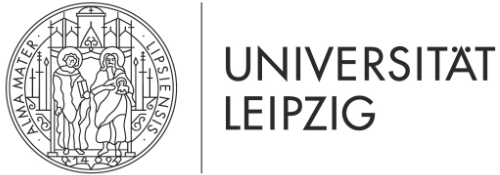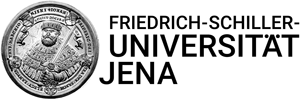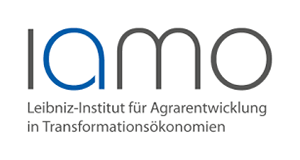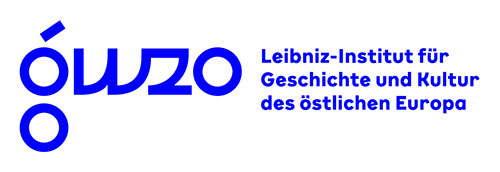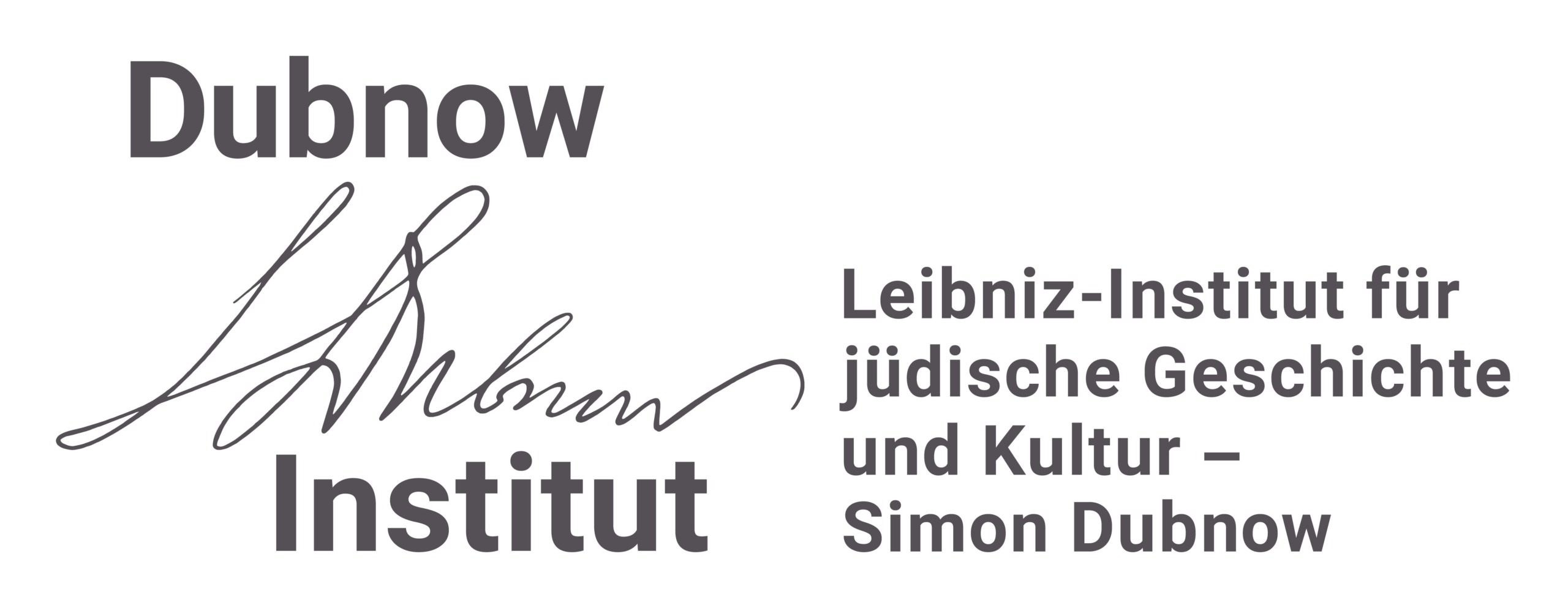Milan Procyk
The working title of Milan Procyk’s PhD project is “A socialist intelligence community? Transnational China expertise in Eastern Europe” – on which he is working under the supervision of Dr. Steffi Marung. After getting a BA degree in Social Sciences at the University of Göttingen, Milan Procyk earnt a MA degree in “European Studies – Eastern Europe Global Area” at Leipzig University.
Current Research Project
„A socialist intelligence community? China expertise in Eastern Europe in a transregional perspective“
The Sino-Soviet Split of the 1960s saw the socialist camp’s main allies – the People’s Republic of China and the Soviet Union – become adversaries. In consequence, the GDR, associated to Moscow by virtue of “eternal brotherly friendship” and the like, engaged in the ensuing socialist power-struggle on the USSR’s side. She and her fellow Warsaw-Pact states stood by the Kremlin not only in rhetoric, but in practice. This became manifest at “Interkit”: near-annual meetings of China experts and practitioners from Moscow-affiliated states where information about China was exchanged, research on China was presented, and foreign policies towards China were streamlined. The GDR recruited those she sent to Interkit among her China expert community. This was situated at universities and research institutes and reached a high degree of sophistication. Its frequent internationalization and the transnational exchange between the GDR’s China experts and China experts from elsewhere at, e.g., Interkit, will surely have helped the community’s development. Also, the GDR’s decision to modernize her scientific China agenda, most notably by directing research towards modern-day China and away from ancient “Sinology”, will have made the community fit for “understanding” a foreign country, in our case China – a task typically associated with area studies communities such as the GDR’s China studies community. Interestingly, a current discourse sees a lack of understanding of China in contemporary Germany but fails to acknowledge the break-up of the abovementioned community after the fall of the Iron Curtain as one root cause of the perceived lack.
Some of Milan Procyk’s research questions are:
- How did transnational knowledge networks work in the socialist world?
- What were the specificities of socialist area studies research?
- How strong was certain actors’ agency in a system remembered as monolithic?
- What does the destiny of GDR China studies after 1990 tell us about the political (and personal?) economy of 1990s Germany?
